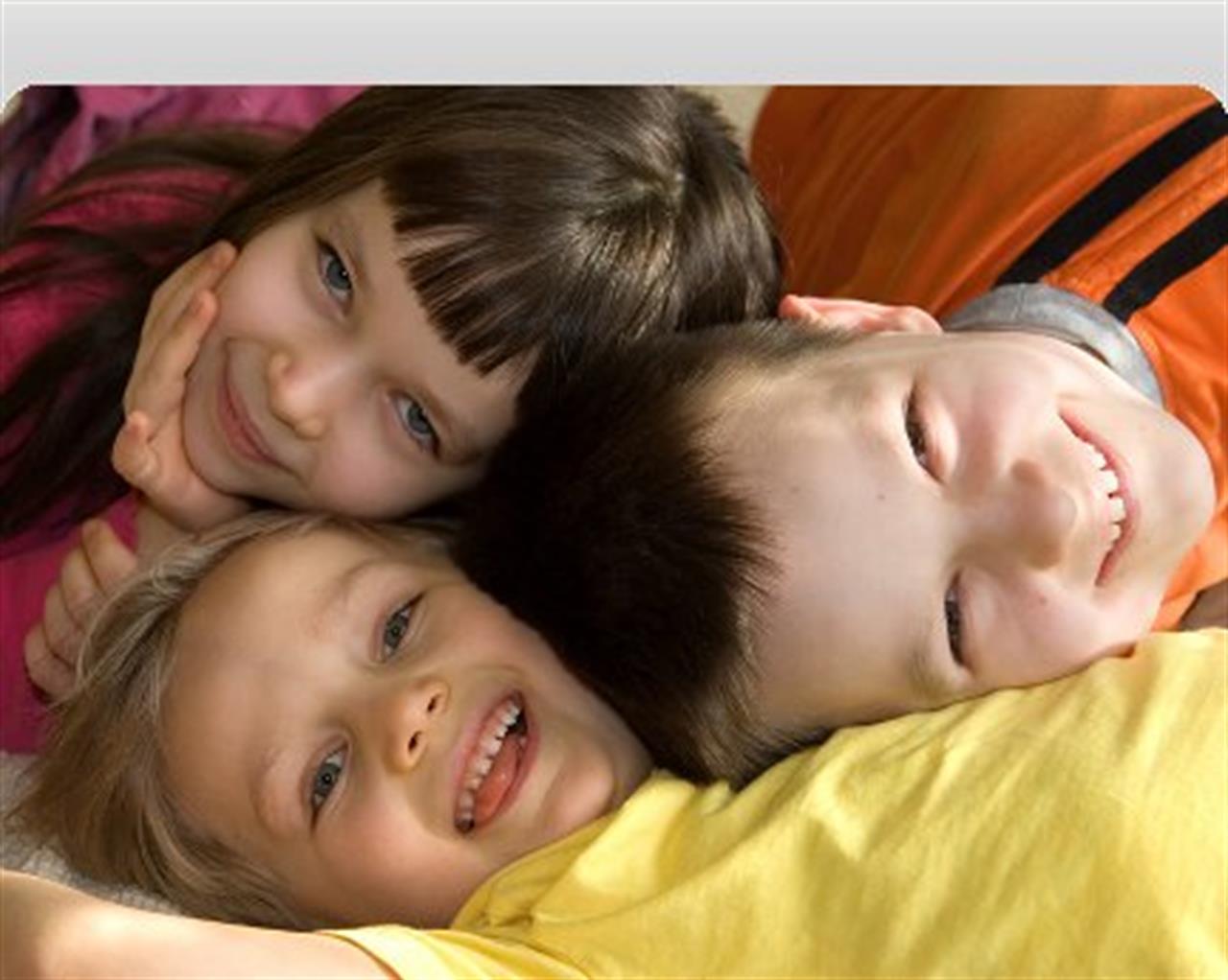Non profit
Helping children in their own home
Anne Karine Stocchetti speaks about her childminding system

Since 1996, when she started Optimômes, a social enterprise that conceives and develops services for families and children, Anne Karine Stocchetti never thought her project would not work. She has always had an “unmotivated confidence in the future”.
And she was right! In 2008 she received the Schwab Prize for social entrepreneurship, a very prestigious prize, co-created by Klaus Schwab and his wife Hilde, the founders of the World Economic Forum.
What does Optimômes do?
We design and propose practical solutions to improve the organization and the quality of care services on the territory for children aged 0-13, giving an answer to the question of the relationship between family and professional life. We do this through what we call the crèche solidaire (solidarity child care), an offer articulating into two services: Les Minuscules, mini nurseries that work during the day, for children from 0 to 4, addressed to small communities and SMEs, and Gepetto, a home childcare for children whose parents work on “odd hours” (very early in the morning, very late at night, week-ends and bank holidays).
How did Gepetto develop?
After a four year pilote stage of Optimômes, I successfully applied for Equal, a European Commission’s programme, in order to replicate Optimômes on a larger scale. To do so, I launched the Gepetto network of childcare centersthrough a social franchise system. Finally, after having received the Prize from the Schwab Foundation, Optimômes developed Gepetto inside the crèches. This way the concept of crèche solidaire, a small-sized crèche, was born. Optimômes organizes exchanges with Northern Italy, having known the works of Loris Malaguzzi, Italian pedagogue and psychologist. This encounter is decisive to launch the educational project of the crèche solidaire.
Why is Italy a source of inspiration for you?
Italians set up the idea of concertation with social cooperatives. In Italy there is a very long tradition on social cooperative and a very well-established culture on education. Concertation takes place when partners who don’t know each other (like professionals, parents, local representatives) meet on a territory to discuss certain issues. Concertation is the secret of the development of a democratic society and it is very important in the education field. What’s more our employees are all formed in Italy, at reggio children, a mixed public private company based on an idea by Loris Malaguzzi. Italy has a creative attitude towards education, that privileges children’s language, whereas France has a punitive approach.
Optimômes is considered an example of social innovation. Why?
In France there is a gap in child care service provision: child care centers in France close on evenings and week-ends and, as a consequence, parents leave their children to friends, relatives, or siblings, who sometimes are too young to take care of their little brothers or sisters! We assure quality child care to children in their home, 7 days a week, 24 hours a day, including when they are ill. We employ qualified people, to also enable them to work on other projects in the future. Families pay very little for our services, from 1 to 3 Euros, and they pay according to their income.
What is the social impact of the crèches solidaires?
They connect three essential aspects: employment, childhood, territory. As concerns children, they guarantee equal opportunities between children and the respect of their biological rhythms. They also foster access to employment for parents, better articulation between family and professional life and equal opportunities between men and women in front of employment. Finally Optimômes makes the territory economically attractive and improves the quality of life of the inhabitants.
You have a very atypical background….
I worked in the cinema for 15 years, in film production companies, writing scripts. I wanted to become a film director but I had to face fundraising problems. Then, in 1986, I was proposed, nearly by chance, to work at Paris’s stock market, and eventually I became a stock trader. After having worked there for five years they asked me to choose between my career and my children. I didn’t want to choose, so I decided to quit them in order to start developing my own projects. I wanted to conciliate my professional life with my life as a mother (I have three children): that is why I started Optimômes. As for my competences, I am completely self-taught! Many people reproached me that I don’t have a diploma: in France it is very important to have qualifications. Seeing my work recognized helped me build self-confidence.
What are your programmes for the future?
We would like to develop our crèches solidaires everywhere in Europe. At the moment we are preparing three more crèches besides the four we already set up and the project is to found another fifteen or twenty.
Si può usare la Carta docente per abbonarsi a VITA?
Certo che sì! Basta emettere un buono sulla piattaforma del ministero del valore dell’abbonamento che si intende acquistare (1 anno carta + digital a 80€ o 1 anno digital a 60€) e inviarci il codice del buono a abbonamenti@vita.it
